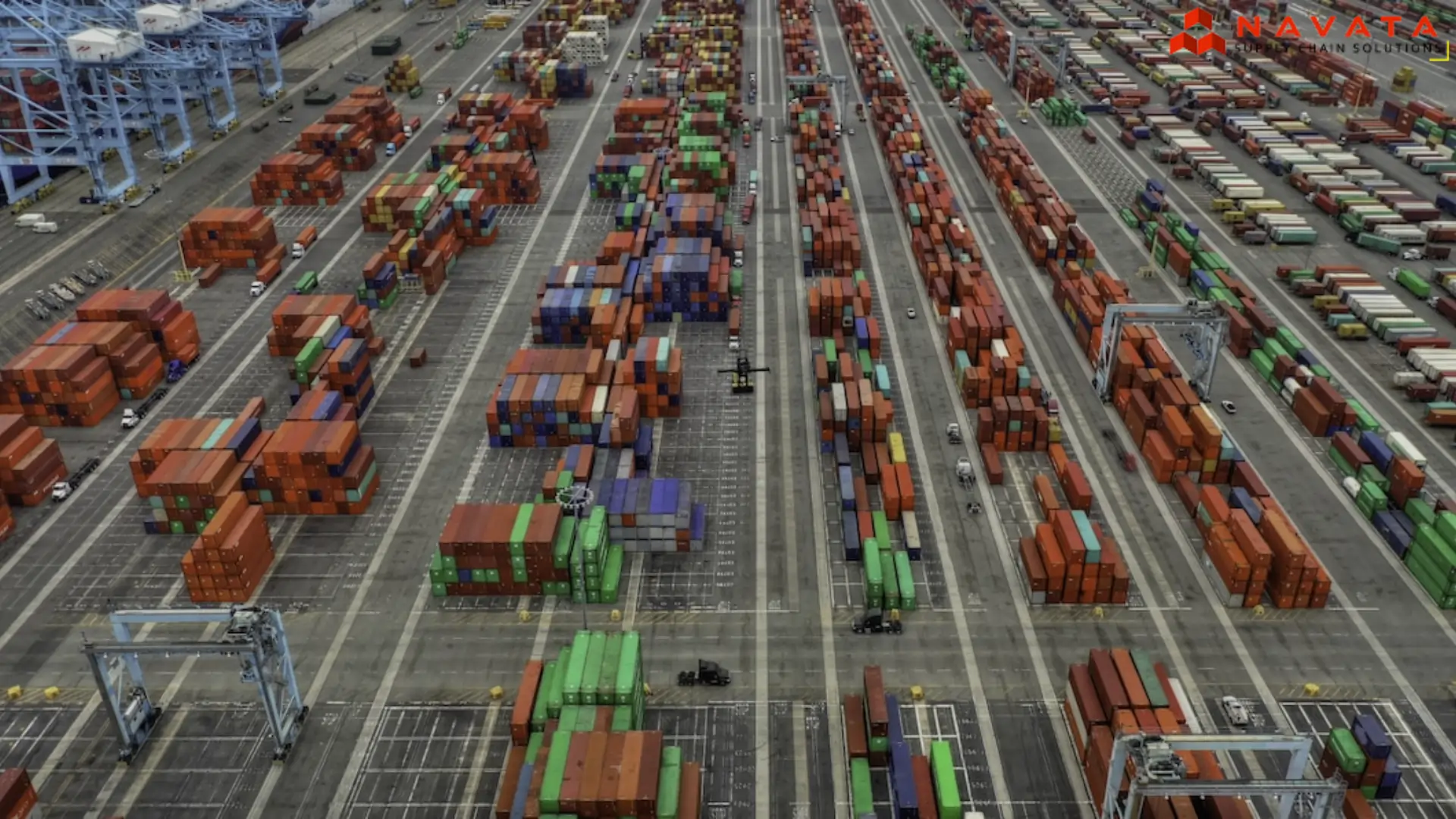Resource Hub
Industry case Study
Interview Questions
Professional Interviews
Leading large-scale supply chain transformations for global giants like P&G, PepsiCo, and Accenture, Shekhar Tiwari’s career spans over 30 years of hands-on industry evolution. In this candid interview, he shares the lessons, mindset, and practical advice young professionals need to thrive in supply chain today.
Quick Commerce in India didn’t start with Blinkit or Zepto; it was already being explored behind the scenes at companies like Flipkart during the early days of COVID. Gauri Sapna, part of Flipkart’s Supply Chain Design Team, was closely involved in shaping one of the company’s earliest attempts at rapid delivery.
Kamlesh on scaling grocery supply chains with AI, tackling logistics challenges, and optimizing operations for efficiency.
Blogs
The way goods move through a facility impacts storage capacity, order fulfillment speed, and overall operational efficiency. Understanding different warehouse layouts can help make informed decisions that improve workflow and reduce costs.
E-commerce has made automation look effortless, with robots picking products in warehouses, real-time inventory tracking, and automated order processing. Consumers receive deliveries in record time, making it seem like automation is a simple solution for supply chain efficiency.
The logistics landscape in India is changing fast. Supply chains can no longer rely on traditional methods alone, supply chain professionals need to evolve with these changes to stay competitive.
The supply chain industry is fast-paced and unpredictable, but stress doesn't have to be a constant companion. Here are five practical tips from seasoned professionals to help you stay on top of your game
The global supply chain management (SCM) market has been on a strong growth trajectory, valued at $28.60 billion in 2023 and expected to reach an impressive $81.93 billion by 2033
Glossary
E-commerce logistics refers to the flow of goods from where they are produced to the doorstep of the customer in any e-commerce business. It comprises of stock, movement, storage, and delivery of products.
As businesses continue to expand globally, the need for efficient cross-border logistics has never been more crucial. But what exactly is cross-border logistics, and why is it important for companies operating in international markets?
Supplier Relationship Management (SRM) is the systematic supplier assessment and development process to improve capability, performance, and strategic fit with organizational objectives. It entails analyzing supplier capability and potential, identifying...
JIT is a production technique that aims at minimizing inventory by procuring inventory in the production line when they are required. It was first developed and perfected by Toyota...
Resource Hub
-
 Navigating Supply Chain Transformation: Insights from Prateek Shukla
Navigating Supply Chain Transformation: Insights from Prateek Shukla -
 What is Supply Chain and How It Works?
What is Supply Chain and How It Works? -
 How to Build a Sustainable Supply Chain the Right Way: Network Density, Data, and Discipline with Aqil Ashique
How to Build a Sustainable Supply Chain the Right Way: Network Density, Data, and Discipline with Aqil Ashique -
 Fixing the Transportation Industry Problem: A Conversation with Ayush Agrawal, Co-Founder of Intugine
Fixing the Transportation Industry Problem: A Conversation with Ayush Agrawal, Co-Founder of Intugine -
 Why Supply Chain Is Strategy in Motion: Lessons from Rayapati Srinath Reddy’s Career
Why Supply Chain Is Strategy in Motion: Lessons from Rayapati Srinath Reddy’s Career -
 Solving for Scale, Speed, and Resilience: A Deep Dive with Anupam Shrotary
Solving for Scale, Speed, and Resilience: A Deep Dive with Anupam Shrotary -
 What is Inventory Management? Types, Benefits & Importance
What is Inventory Management? Types, Benefits & Importance -
 Building Supply Chain Careers: Strategy, Skills & Survival with Shekhar Tiwari
Building Supply Chain Careers: Strategy, Skills & Survival with Shekhar Tiwari -
 We’re Drowning in Supply Chain Data, But Is It Helping?
We’re Drowning in Supply Chain Data, But Is It Helping? -
 Fixing What Slows Down B2B Last-Mile Delivery
Fixing What Slows Down B2B Last-Mile Delivery
















